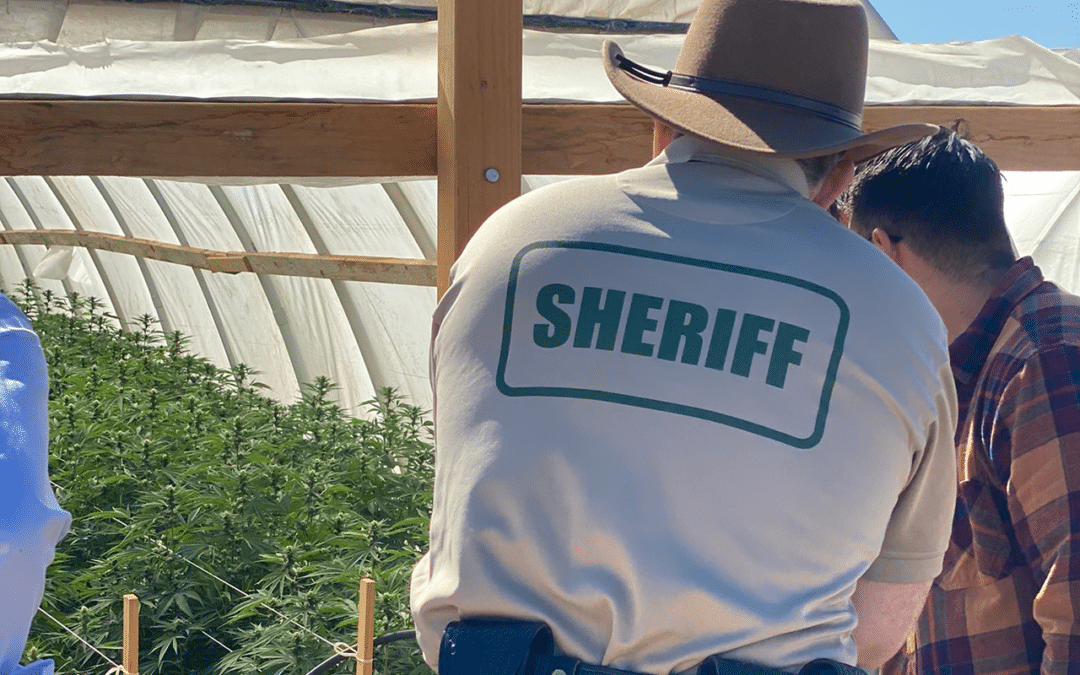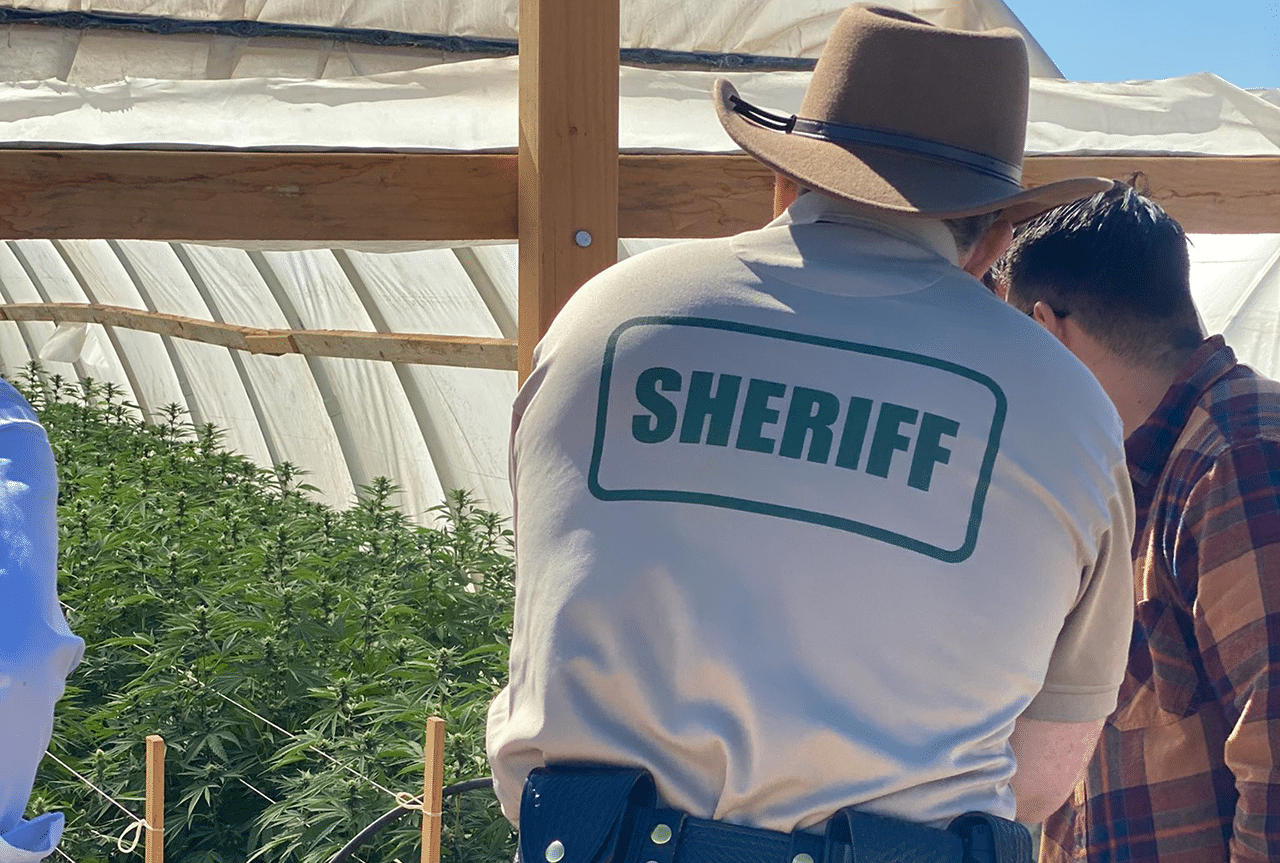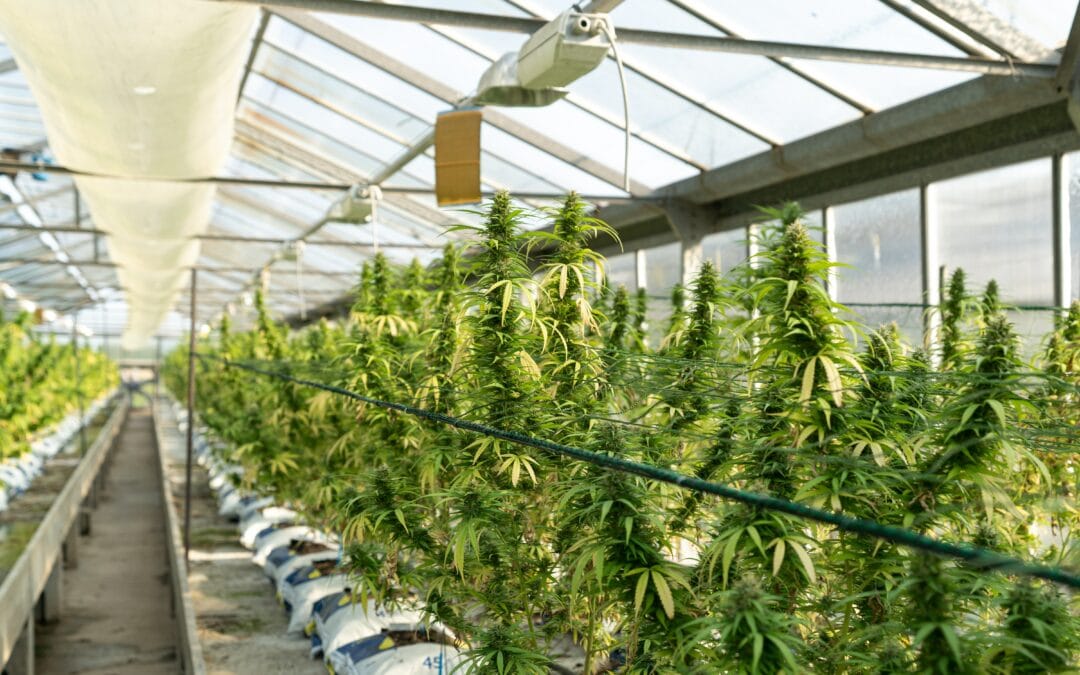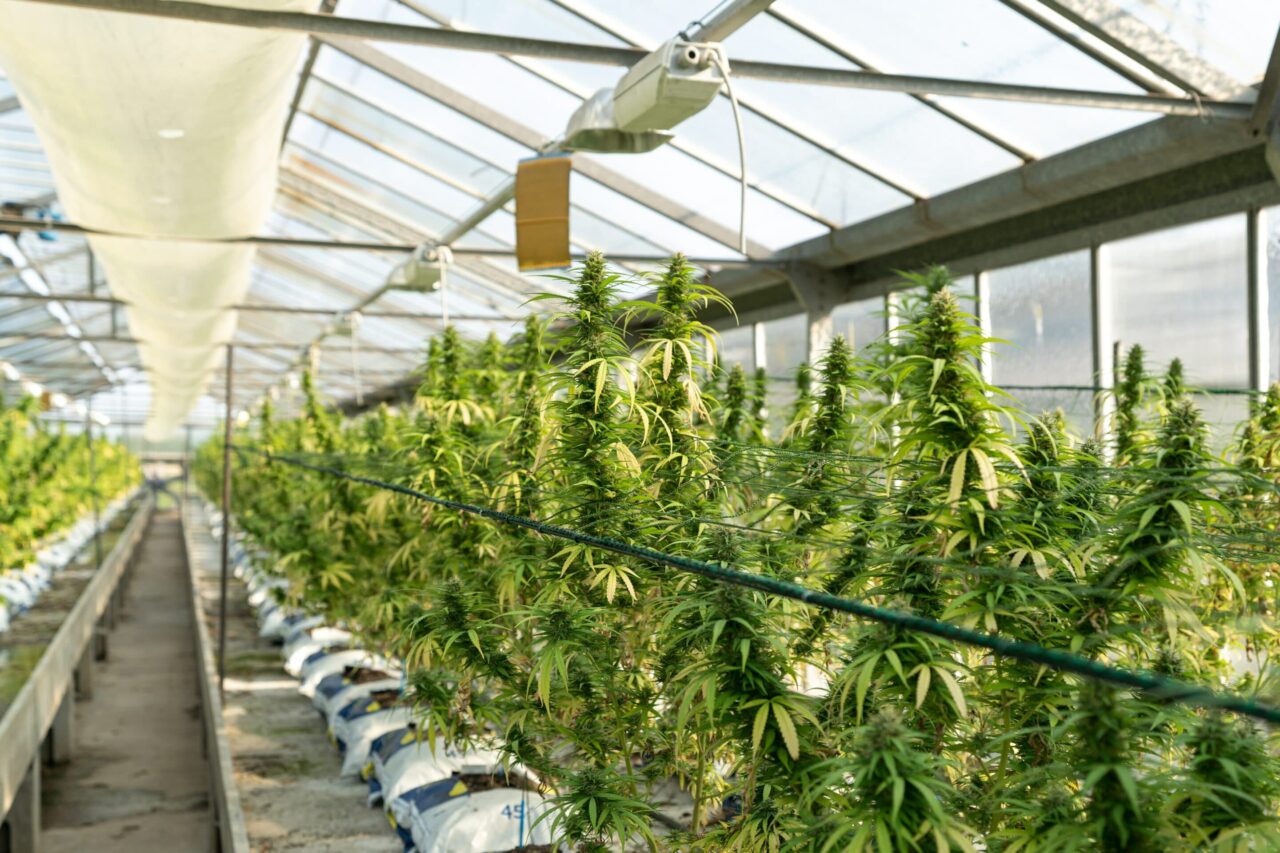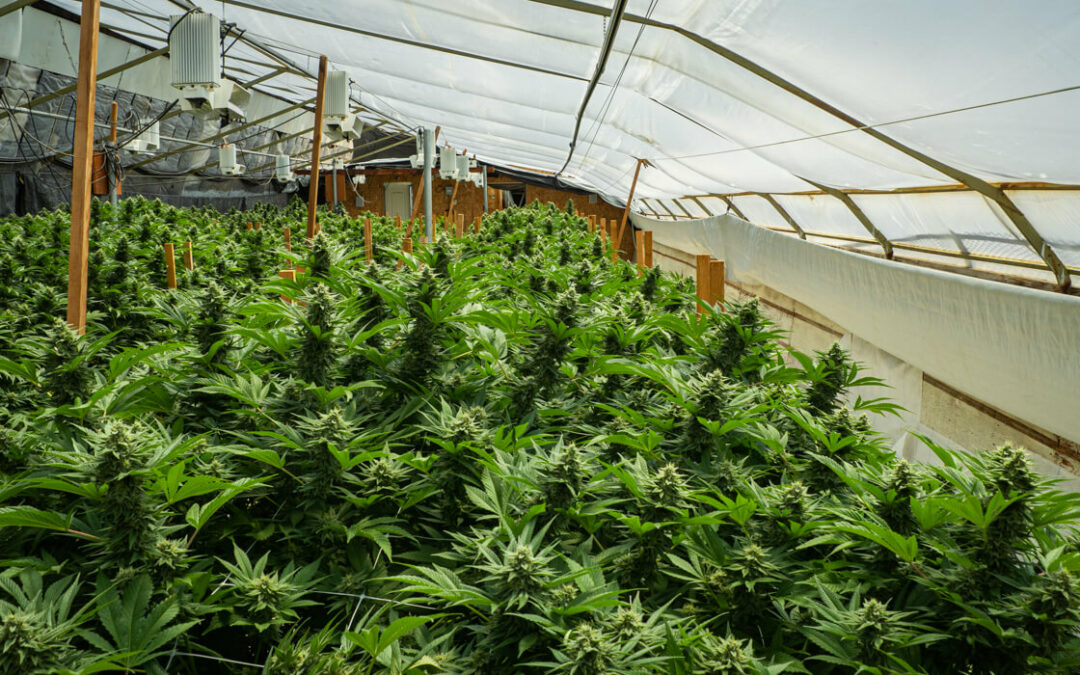
Humboldt County announces more than $2 million in grant funding for cannabis farmers
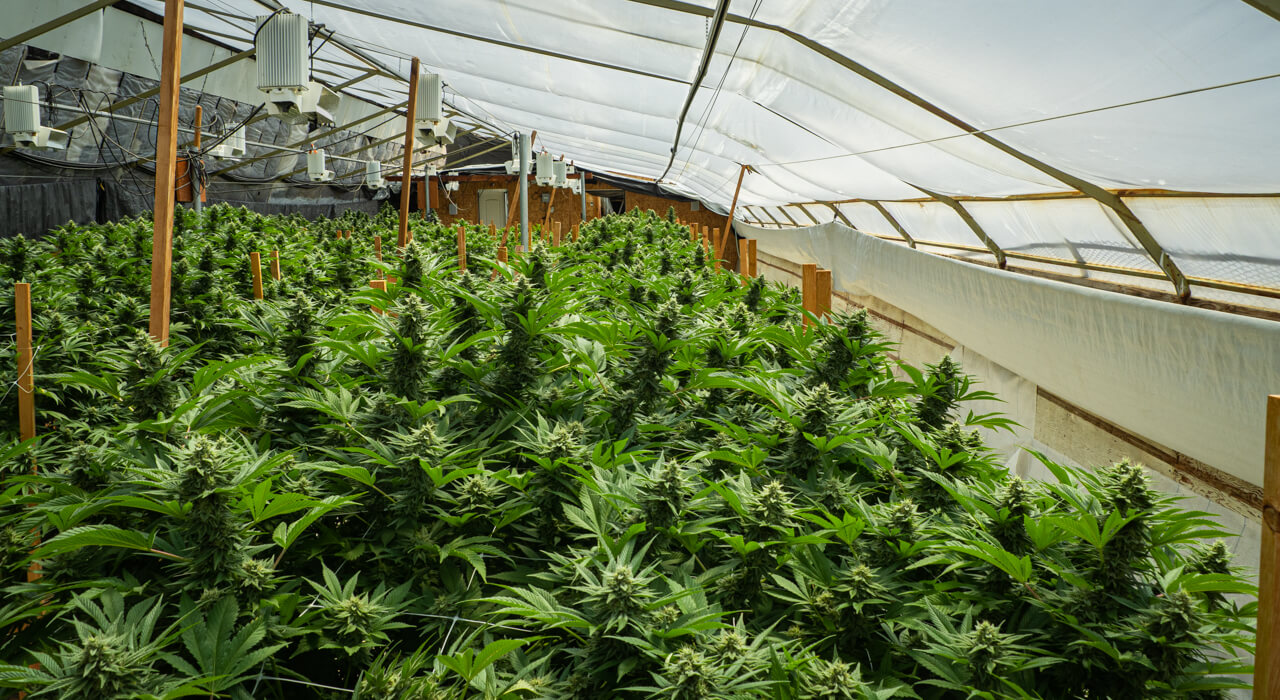
Many Humboldt County growers are struggling this season as the price of cannabis falls in California.
Humboldt County announced more than $2 million in grant funding available through Project Trellis, the county’s cannabis micro-grant, marketing and local equity program, to help the local cannabis community enter into the commercial cannabis marketplace. Those eligible can apply for up to $10,000 “per service” in accordance with Humboldt County’s eligibility requirements for Project Trellis.
“All applications and supporting documents will be reviewed by Economic Development staff to ensure the applicant meets eligibility criteria. Some projects may receive a lower amount than what was requested, based on the availability of funds or needs of service,” a news release from the county stated.
“A typical approval process can take 60 or more days from when the application is received. Upon approval, the applicant will receive a notice of award, contract, fund request form and a W9 form.”
Project Trellis was built as a three-tier program to redirect cannabis tax revenue back into the local economy. In September 2019, the county sought proposals for cannabis branding and marketing.
The goal of the program is to “implement the recommendations set forth in the Humboldt County Cannabis Equity Assessment” and “to further equity among those impacted by the criminalization of cannabis, by providing services to individuals in Humboldt County’s cannabis community, particularly small growers who were adversely affected by the criminalization of cannabis.”
While $2 million may seem like a big chunk of change, Humboldt County Growers Alliance executive director Natalynne DeLapp said the county’s “independent cannabis farmers are in crisis.”
“It is great that the county developed Project Trellis…and (has) secured nearly $5 million in funding from the state to support communities most impacted by the War on Drugs in entering the regulated cannabis market, but now it is time to get serious,” she said. “…Perhaps 200 of Humboldt County’s 900-plus cultivation operators, who can prove the War on Drugs has negatively impacted them, could receive up to $10,000 in fee waivers for professional services like fee waivers, technical assistance or installing solar or water storage systems.”



